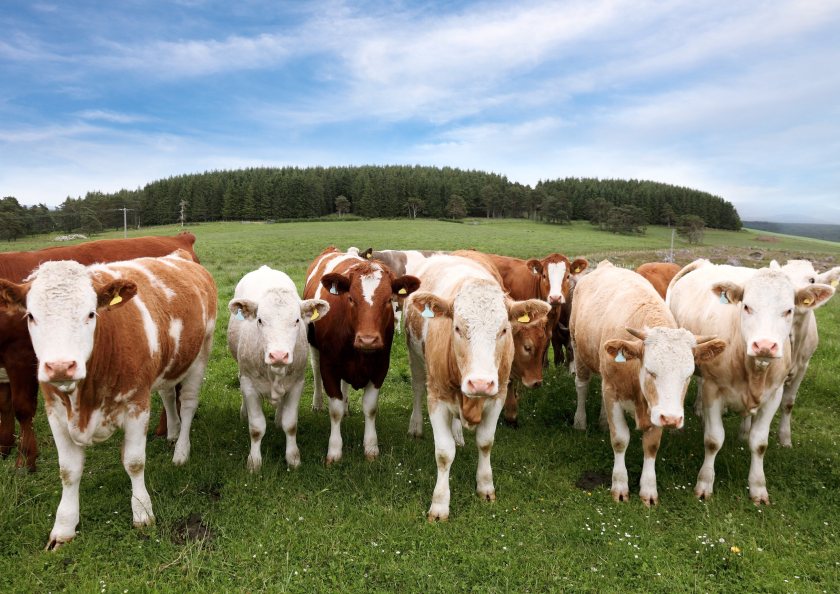
NFU Scotland has launched its intentions survey to gauge the impact of soaring input costs on future food production plans.
The survey has opened as the union seeks to assess the scale of change that unprecedented input costs are having on farmers' business plans.
Evidence on the business intentions of the Scottish farming industry will be used to illustrate the current challenges facing farmers and how that will impact on their plans for the coming year.
The results will also indicate the ramifications for the wider food supply chain and the nation’s food security.
The survey, which closes on 10 January 2023, will be used by NFU Scotland when lobbying UK government, Scottish government and officials.
The union said it would also add 'significant and irrefutable weight' to lobbying efforts with retailers on the need for fairer pricing and greater equity in supply chains.
NFU Scotland said it was 'already clear' that production on Scotland’s farms and crofts was set to be scaled back as producers responded to unprecedented cost increases for key inputs.
A combination of several factors, including the tragic events in Ukraine, has seen fertiliser and energy prices treble and prices for fuel and animal feed double.
A total of 340 responses were recorded in June, with 92% of respondents indicating then that they had already altered production plans with the biggest reductions in output predicted to occur in livestock, pigs, poultry and horticulture.
NFU Scotland President Martin Kennedy said food security must be kept at the top of the political agenda.
"To do that, we must have a robust evidence base to inform our discussions with politicians, stakeholders and the wider agri-food supply chain, including consumers.
“The results in June pointed to significant ramifications for our food and drink sector and all those businesses upstream and downstream who rely on farmers and crofters. We need to know if that picture has deteriorated.
"Tens of thousands of jobs in the food and drink industry in Scotland are reliant on us having a critical mass of production to feed into our processing and manufacturing sector.
"And scores of businesses that supply to farming and crofting businesses are dependent on a thriving and productive agricultural industry in Scotland."
He said retailers needed to take heed of the results. "We went to great lengths earlier this year to highlight to supermarkets the impact that prohibitive costs were having on those who produce eggs and the need to pay producers a fair price.
"Those warnings were ignored, and we are now faced with restricted sales in some shops because of shortages and retailers finally waking up to the damage their short-term approach to pricing has caused."
